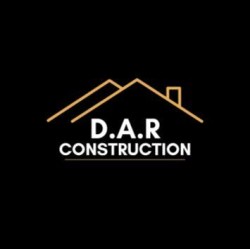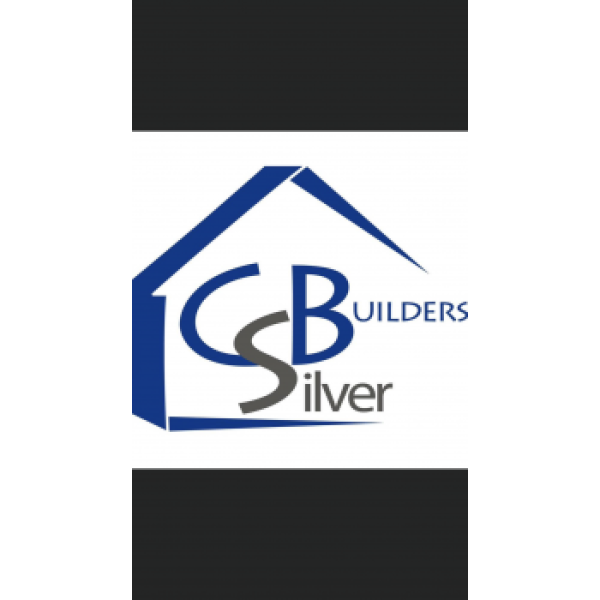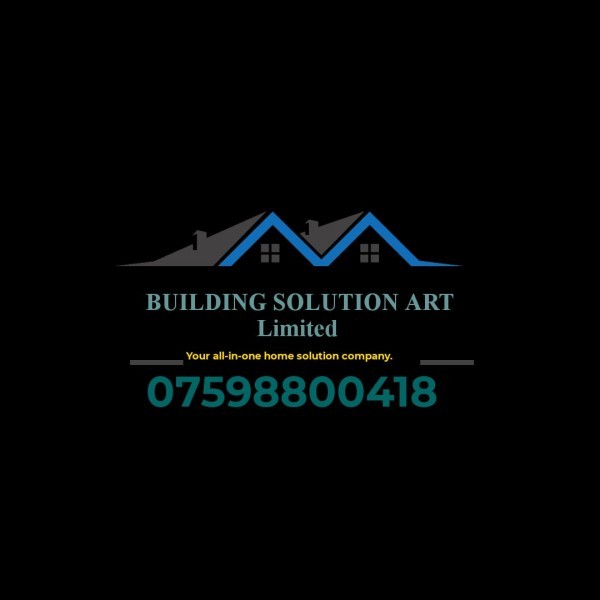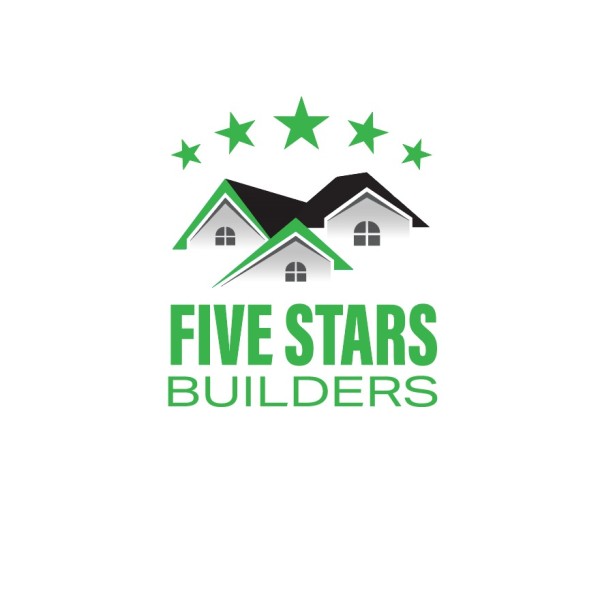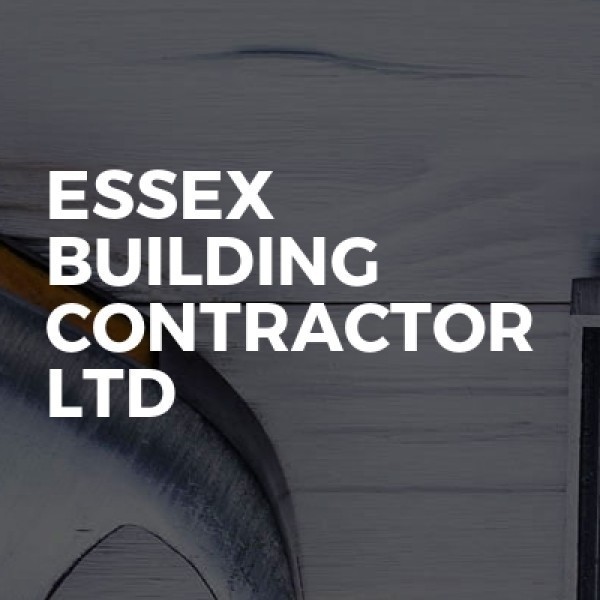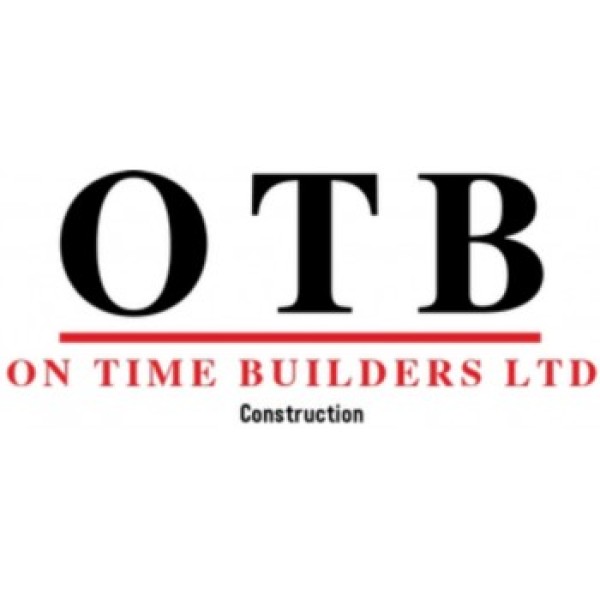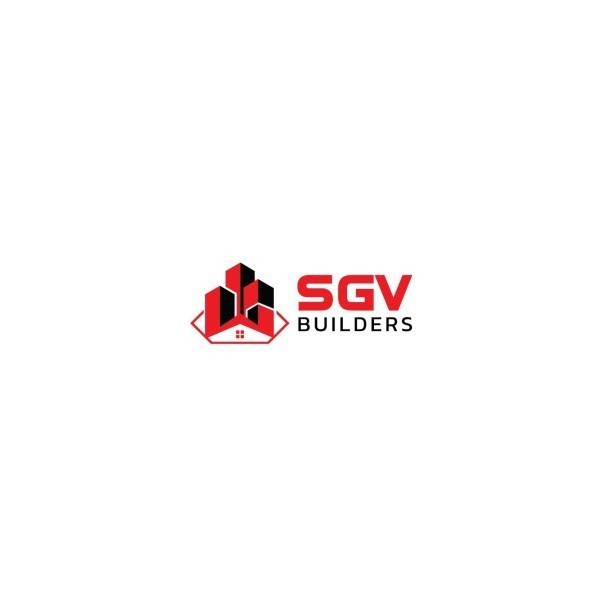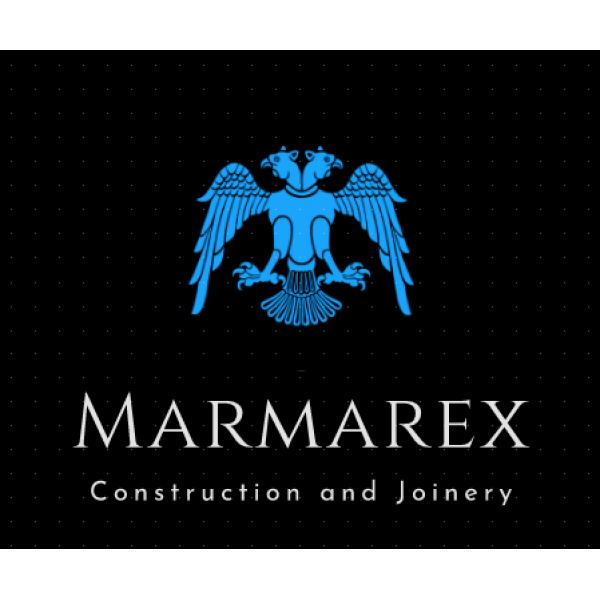Loft Conversions in Romford
Search Loft Conversions in places nearby
Introduction to Loft Conversions in Romford
Loft conversions in Romford have become a popular choice for homeowners seeking to maximise their living space without the hassle of moving. With the rising property prices and the charm of Romford's suburban lifestyle, converting an unused attic into a functional room is an attractive option. This article delves into the various aspects of loft conversions, offering insights and guidance for those considering this home improvement project.
Understanding the Basics of Loft Conversions
Loft conversions involve transforming an attic space into a usable room, such as a bedroom, office, or playroom. This process typically includes structural changes, insulation, and the installation of windows and staircases. In Romford, loft conversions are a practical way to add value to your home while enhancing your living environment.
Types of Loft Conversions
There are several types of loft conversions to consider, each with its own benefits and requirements. The most common types include:
- Dormer Loft Conversion: This involves extending the existing roof to create additional floor space and headroom. Dormer conversions are popular due to their versatility and ability to accommodate various room types.
- Hip to Gable Loft Conversion: Ideal for semi-detached or detached houses, this conversion involves altering the roof's slope to create a vertical wall, increasing the loft's usable space.
- Mansard Loft Conversion: This option involves significant roof alterations to create a flat roof with a steep back wall. Mansard conversions are often used for period properties in Romford.
- Velux Loft Conversion: The simplest and most cost-effective option, Velux conversions involve installing roof windows without altering the roof's structure.
Planning Permission and Building Regulations
Before embarking on a loft conversion in Romford, it's crucial to understand the planning permission and building regulations involved. While some conversions fall under permitted development rights, others may require formal approval.
When is Planning Permission Required?
Planning permission is typically required if the conversion involves altering the roof's shape or height. Additionally, if your property is in a conservation area or is a listed building, you'll likely need permission. It's always best to consult with the local council or a professional architect to ensure compliance.
Building Regulations Compliance
Regardless of planning permission, all loft conversions must comply with building regulations. These regulations ensure the safety and structural integrity of the conversion, covering aspects such as fire safety, insulation, and staircase design. Hiring a qualified contractor familiar with Romford's regulations can help streamline this process.
Choosing the Right Loft Conversion Company
Selecting a reputable loft conversion company is essential for a successful project. With numerous options available in Romford, it's important to conduct thorough research and consider several factors before making a decision.
Experience and Expertise
Look for companies with extensive experience in loft conversions, particularly those familiar with Romford's architectural styles and regulations. Experienced contractors are more likely to deliver high-quality results and navigate any challenges that arise during the project.
Customer Reviews and Testimonials
Reading customer reviews and testimonials can provide valuable insights into a company's reliability and quality of work. Look for feedback on their professionalism, communication, and adherence to timelines and budgets.
Obtaining Quotes and Comparing Costs
It's advisable to obtain quotes from multiple companies to compare costs and services. Be wary of quotes that seem too good to be true, as they may indicate subpar materials or workmanship. A detailed quote should outline all aspects of the project, including materials, labour, and any additional fees.
Designing Your Loft Conversion
The design phase is a crucial step in ensuring your loft conversion meets your needs and enhances your home's aesthetic. Consider the following elements when planning your conversion:
Maximising Space and Light
Effective use of space and natural light can transform a loft into a welcoming and functional area. Consider the placement of windows, skylights, and mirrors to enhance light flow. Built-in storage solutions can also help maximise space and reduce clutter.
Choosing the Right Layout
The layout of your loft conversion should reflect its intended use. For example, a bedroom may require an en-suite bathroom, while a home office might benefit from additional electrical outlets and desk space. Collaborate with a designer or architect to create a layout that suits your lifestyle.
Incorporating Insulation and Ventilation
Proper insulation and ventilation are essential for maintaining a comfortable temperature and preventing dampness in your loft conversion. Consider using high-quality insulation materials and installing ventilation systems to ensure a healthy living environment.
Cost Considerations for Loft Conversions in Romford
The cost of a loft conversion can vary significantly based on factors such as the type of conversion, the size of the space, and the materials used. Understanding these cost considerations can help you budget effectively for your project.
Factors Influencing Cost
Several factors can influence the cost of a loft conversion, including:
- Type of Conversion: More complex conversions, such as Mansard or Hip to Gable, typically cost more due to the extensive structural changes required.
- Size of the Loft: Larger lofts require more materials and labour, increasing the overall cost.
- Quality of Materials: High-quality materials may have a higher upfront cost but can offer better durability and aesthetics.
- Additional Features: Features such as en-suite bathrooms, custom storage, or premium finishes can add to the overall cost.
Budgeting for Your Loft Conversion
Creating a detailed budget can help you manage costs and avoid unexpected expenses. Consider setting aside a contingency fund for unforeseen issues that may arise during the project. Consulting with a financial advisor or contractor can provide additional guidance on budgeting effectively.
Benefits of Loft Conversions
Loft conversions offer numerous benefits, making them a worthwhile investment for many homeowners in Romford. Here are some of the key advantages:
Increased Property Value
A well-executed loft conversion can significantly increase your property's value, making it an attractive option for potential buyers. This added value can often outweigh the initial cost of the conversion, providing a strong return on investment.
Enhanced Living Space
Loft conversions provide additional living space without the need for an extension or relocation. This extra room can be tailored to suit your needs, whether it's a new bedroom, office, or playroom for the kids.
Customisation and Personalisation
Converting your loft allows you to customise the space to your preferences, creating a unique and personalised area within your home. From choosing the layout and finishes to selecting furnishings and decor, the possibilities are endless.
Common Challenges and How to Overcome Them
While loft conversions offer numerous benefits, they can also present challenges. Being aware of these potential issues and knowing how to address them can help ensure a smooth project.
Structural Limitations
Some lofts may have structural limitations that make conversions more challenging. Consulting with a structural engineer can help identify potential issues and develop solutions to reinforce the structure as needed.
Access and Staircase Design
Creating access to the loft can be tricky, especially in homes with limited space. Collaborating with a designer or architect can help you develop a staircase design that maximises space and meets building regulations.
Planning and Regulatory Hurdles
Navigating planning permission and building regulations can be complex. Hiring a professional familiar with Romford's requirements can help streamline the process and ensure compliance.
Frequently Asked Questions
- How long does a loft conversion take? The duration of a loft conversion can vary depending on the complexity of the project, but it typically takes between 6 to 12 weeks.
- Do I need planning permission for a loft conversion in Romford? Planning permission may be required if the conversion involves altering the roof's shape or height. It's best to consult with the local council or a professional architect.
- Can any loft be converted? Most lofts can be converted, but some may have structural limitations. Consulting with a structural engineer can help determine the feasibility of a conversion.
- How much does a loft conversion cost in Romford? The cost of a loft conversion can vary based on factors such as the type of conversion, size of the space, and materials used. It's advisable to obtain quotes from multiple companies to compare costs.
- Will a loft conversion add value to my home? Yes, a well-executed loft conversion can significantly increase your property's value, making it an attractive option for potential buyers.
- What is the best type of loft conversion for my home? The best type of loft conversion depends on your home's structure, your budget, and your intended use for the space. Consulting with a professional can help you determine the most suitable option.
Final Thoughts on Loft Conversions in Romford
Loft conversions in Romford offer a practical and cost-effective way to enhance your living space and increase your property's value. By understanding the various types of conversions, planning permission requirements, and design considerations, you can embark on a successful project that meets your needs and complements your home's aesthetic. With careful planning and the right professional guidance, a loft conversion can transform your home and provide a space that you and your family will enjoy for years to come.






